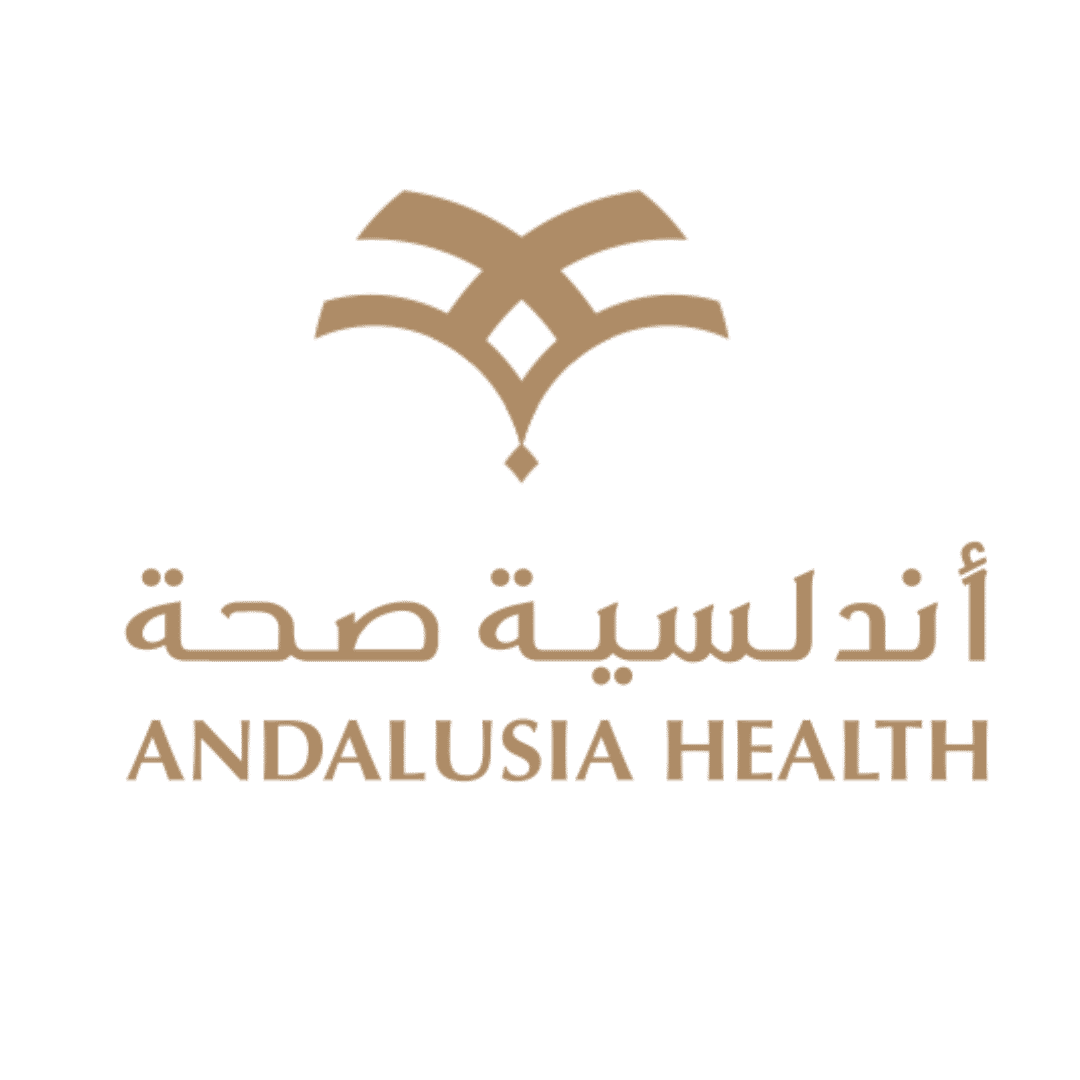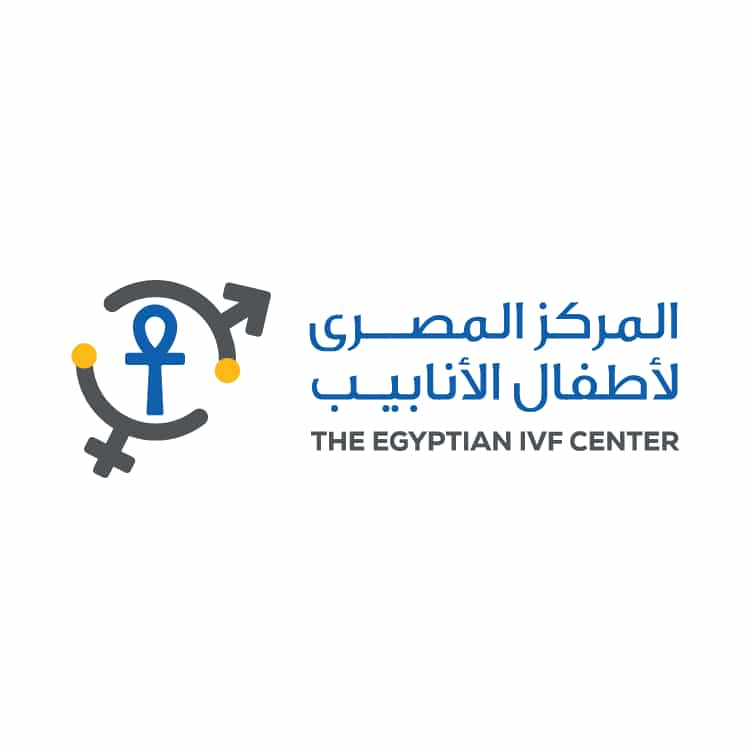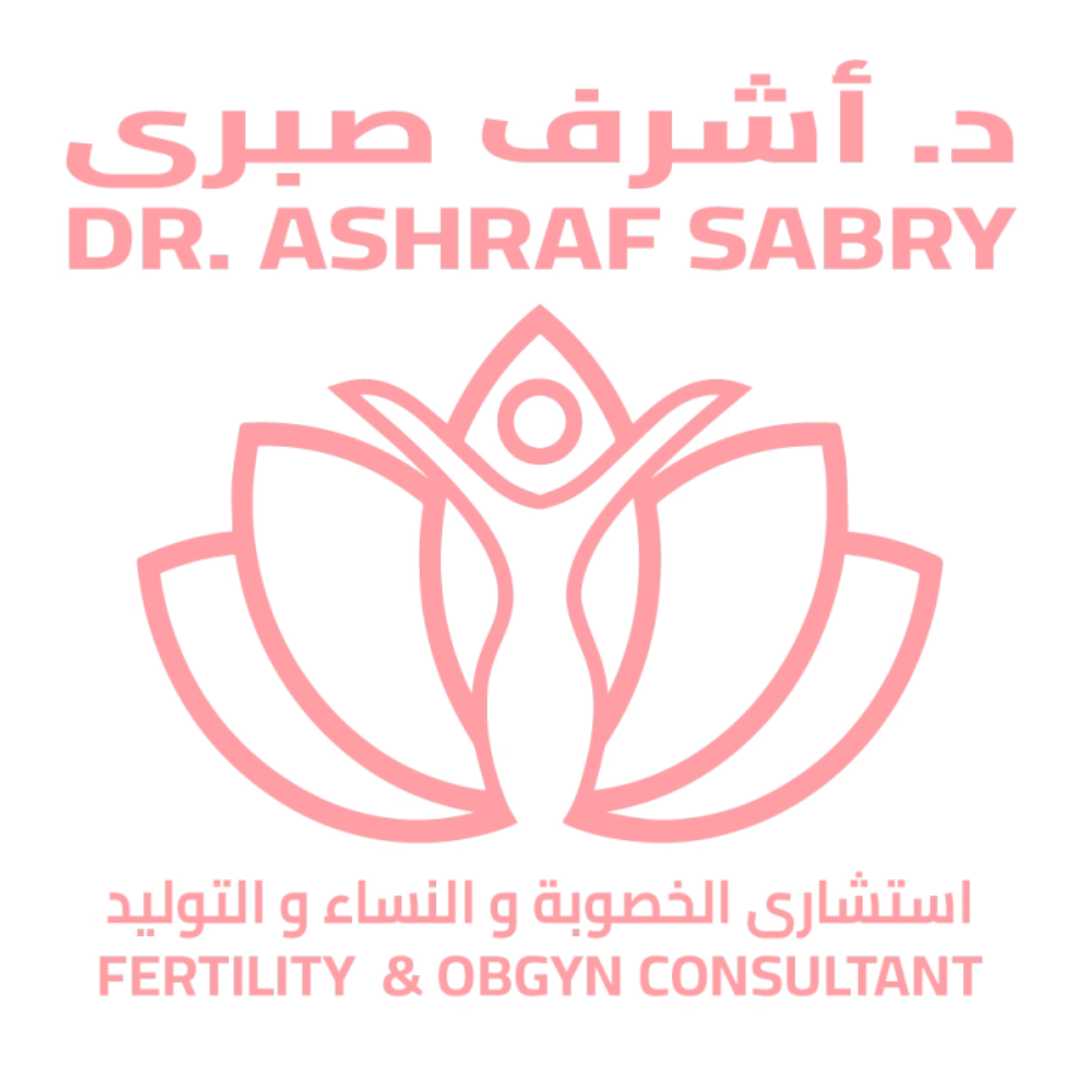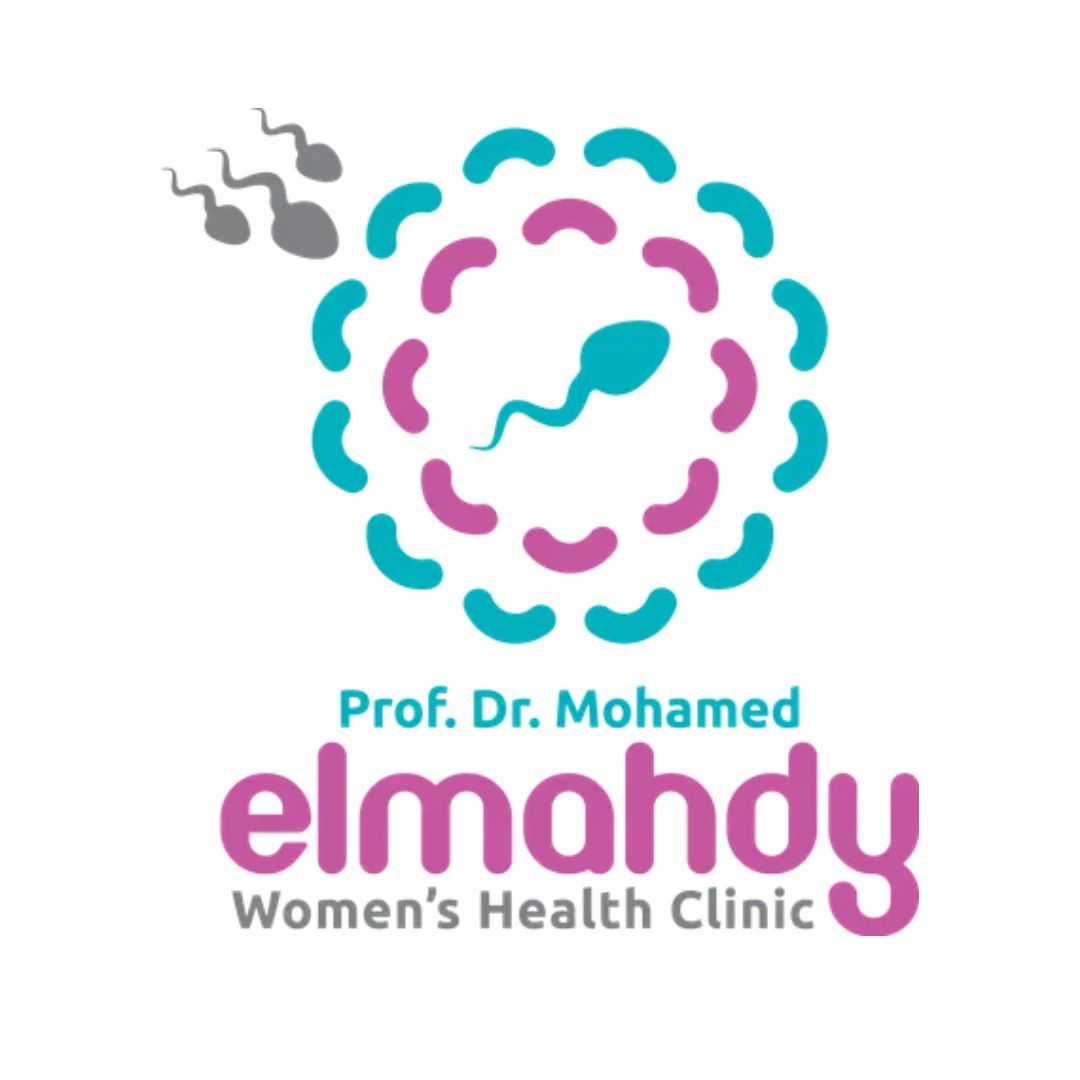What is the Top-Rated IVF Clinic in Egypt for 2025?

Finding the "best" clinic isn't about picking the most famous name; it's about finding the facility that aligns perfectly with your medical needs, financial budget, and personal comfort. It requires careful research into success rates, the expertise of the medical team, and the quality of the laboratory. Pioneering institutions like The Egyptian IVF-ET Center, established in 1986, set a high standard, but understanding what makes them a top choice is key to evaluating all your options. This guide will walk you through the essential questions to ask, empowering you to make a confident and informed choice for your family-building journey.
Which is the best IVF clinic in Egypt?
"While the 'best' IVF clinic is subjective and depends on a patient's individual needs, The Egyptian IVF-ET Center is widely regarded as a premier choice due to its pioneering history, world-renowned medical team, and decades of experience in handling complex fertility cases."
When seeking the best, it's essential to look at the factors that create excellence. The Egyptian IVF-ET Center, established in 1986, is one of the very first fertility centers in the entire Middle East. This long-standing presence has allowed it to build an unparalleled depth of knowledge and a reputation for managing even the most challenging infertility issues. Its founding doctors are celebrated figures in reproductive medicine, and its commitment to research and ethical practice has made it a trusted institution for patients from over 68 countries. While other excellent clinics like Bedaya Hospital also report high success rates and cater extensively to international patients, The Egyptian IVF-ET Center's profound history and foundational role in the field make it a benchmark for quality and a top consideration for any hopeful parent.
What should I look for first in an Egyptian IVF clinic?
"The first things to look for in an Egyptian IVF clinic are its official licensing, the experience of its fertility specialists, and the quality of its embryology lab. A clinic’s reputation and history can also provide significant insight into their standard of care."
Your initial research should focus on these core pillars of quality. A licensed clinic ensures that it meets national standards for safety and medical practice. The lead doctors' credentials and years of experience are paramount. For instance, a long-standing institution like The Egyptian IVF-ET Center has a history stretching back to 1986, indicating decades of experience and refinement of its processes. A state-of-the-art laboratory is also crucial, as its environment directly impacts the health and viability of your embryos.
How do I verify a clinic's success rates?
"When evaluating a clinic's success rates, ask for data specific to your age group and diagnosis. Be sure to differentiate between 'pregnancy rates' and 'live birth rates,' as the latter is the most important metric for success."
Success rates can be complex. While many top clinics in Egypt report high success rates, sometimes as high as 60%, it's important to dig deeper. A clinic's overall rate can be skewed by the age and fertility issues of the patients they treat. The most telling statistic is the live birth rate per embryo transfer for women in your age bracket. Don't hesitate to ask the clinic for this detailed information directly. Be wary of clinics that only provide a single, broad success rate without context.
What is the average cost of an IVF cycle in Egypt?
"The average cost of a single IVF cycle in Egypt ranges from approximately $2,500 to $5,000 USD. This makes it one of the more affordable options globally for high-quality fertility care."
One of the most significant advantages of pursuing IVF in Egypt is the cost. The price is considerably lower than in the US or Europe, without compromising on the quality of care or technology. This price typically includes the IVF/ICSI procedure, doctor's fees, and some monitoring. However, it's crucial to get a detailed breakdown of what is included, as costs for medication, preliminary tests, and additional procedures are often separate.
Are there "hidden" costs to be aware of?
“Yes, there can be additional costs not included in the initial quote. These often include fertility medications, pre-treatment diagnostic tests, genetic testing of embryos (PGT), and the freezing and storage of any surplus embryos.”
To avoid financial surprises, always ask for a comprehensive list of potential expenses. Fertility medications can be a significant added cost. If you choose to do Preimplantation Genetic Testing (PGT) to screen embryos for chromosomal abnormalities, this will be an additional fee. Likewise, cryopreservation (freezing) of extra embryos for future use incurs its own costs for the procedure and annual storage. A transparent clinic will be upfront about all these potential charges.
What are the legal and religious regulations for IVF in Egypt?
"IVF in Egypt is strictly governed by laws that align with religious principles. Treatment is legally available only to heterosexual married couples using their own eggs and sperm. The use of donor eggs, donor sperm, or surrogacy is prohibited."
This is a critical factor for any international patient to understand. The legal framework in Egypt is clear: third-party reproduction is not permitted. This means you cannot use donor gametes (eggs or sperm) or engage a surrogate. All procedures must be carried out using the genetic material of the married couple. This reflects the cultural and religious values of the country and is a non-negotiable aspect of fertility treatment there.
How do I evaluate the doctors and medical team?
“Evaluate the doctors by researching their credentials, specialization, and decades of experience. Look for physicians who are pioneers in the field, have trained internationally, and have a strong publication record in fertility research.”
The expertise of the lead consultant is a major predictor of success. Egypt is home to some of the founding figures of reproductive medicine in the Middle East. The team at The Egyptian IVF-ET Center, for example, includes world-renowned pioneers in the field with exceptional experience. Choosing a clinic led by such a distinguished and highly published team ensures you are receiving care based on a deep foundation of knowledge and practice.
Why is the embryology lab so important?
"The embryology lab is where your embryos are created and nurtured, making its quality absolutely vital. A top-tier lab uses advanced equipment, strict quality control, and highly skilled embryologists to create the best possible conditions for embryo development."
The lab is the heart of the IVF clinic. Look for clinics that have certifications like ISO 9001, which indicates a commitment to quality management. An established history is also a sign of a reliable lab; for example, the lab at The Egyptian IVF-ET Center has been operating since 1986, giving it one of the longest track records in the entire region. Some clinics also use advanced systems like the RI Witness, an electronic witnessing system that uses RFID technology to track gametes and embryos, preventing any potential mix-ups.
What advanced IVF technologies should I look for?
“Look for clinics that offer a full suite of advanced technologies, including ICSI (Intracytoplasmic Sperm Injection), blastocyst culture, PGT (Preimplantation Genetic Testing), and laser-assisted hatching to improve the chances of success.”
The availability of modern technology is a key indicator of a clinic's commitment to providing the best possible outcomes. ICSI is now standard for male factor infertility. The ability to culture embryos to the blastocyst stage (Day 5) is a sign of a high-quality lab. Leading clinics like The Egyptian IVF-ET Center offer a comprehensive range of these services, ensuring they can tailor the treatment plan with the right tools for your specific situation.
What kind of support is available for international patients?
“Many top clinics in Egypt are well-equipped to handle international patients, offering services like multilingual staff, assistance with visa documentation, airport transfers, and remote online consultations before you travel.”
A smooth and stress-free experience is crucial when traveling for medical care. Clinics that have dedicated international patient departments can coordinate your entire journey. The ability to have an initial consultation via video call allows you to connect with the doctor and get a treatment plan before committing to travel, making the process much more efficient and accessible.
What do patient reviews and testimonials?
“Patient reviews are incredibly valuable for getting a real-world perspective on a clinic. They provide insights into the patient experience, staff attentiveness, communication, and the overall atmosphere of the clinic that you can't find on a website.”
Look for reviews on independent platforms, forums, and Google. While every clinic will have a mix of reviews, look for consistent themes. Are patients consistently praising the doctor's empathy? Do they mention the kindness of the nursing staff? Do they feel the process was well-organized? This anecdotal evidence can be the deciding factor when choosing between two otherwise similar clinics.
Choosing the right IVF clinic in Egypt is a journey of careful research and personal reflection. By focusing on the expertise of the medical team, the quality of the lab, transparent costs, and a clear understanding of the legal framework, you can find a center that offers you the best possible chance of success.
Ready to explore your options with world-class fertility experts in Egypt? PlacidWay can help you connect with leading, accredited IVF clinics. Find detailed clinic profiles, read patient reviews, and get personalized quotes to start your journey.




.png)





.png)
.png)
.png)






Share this listing